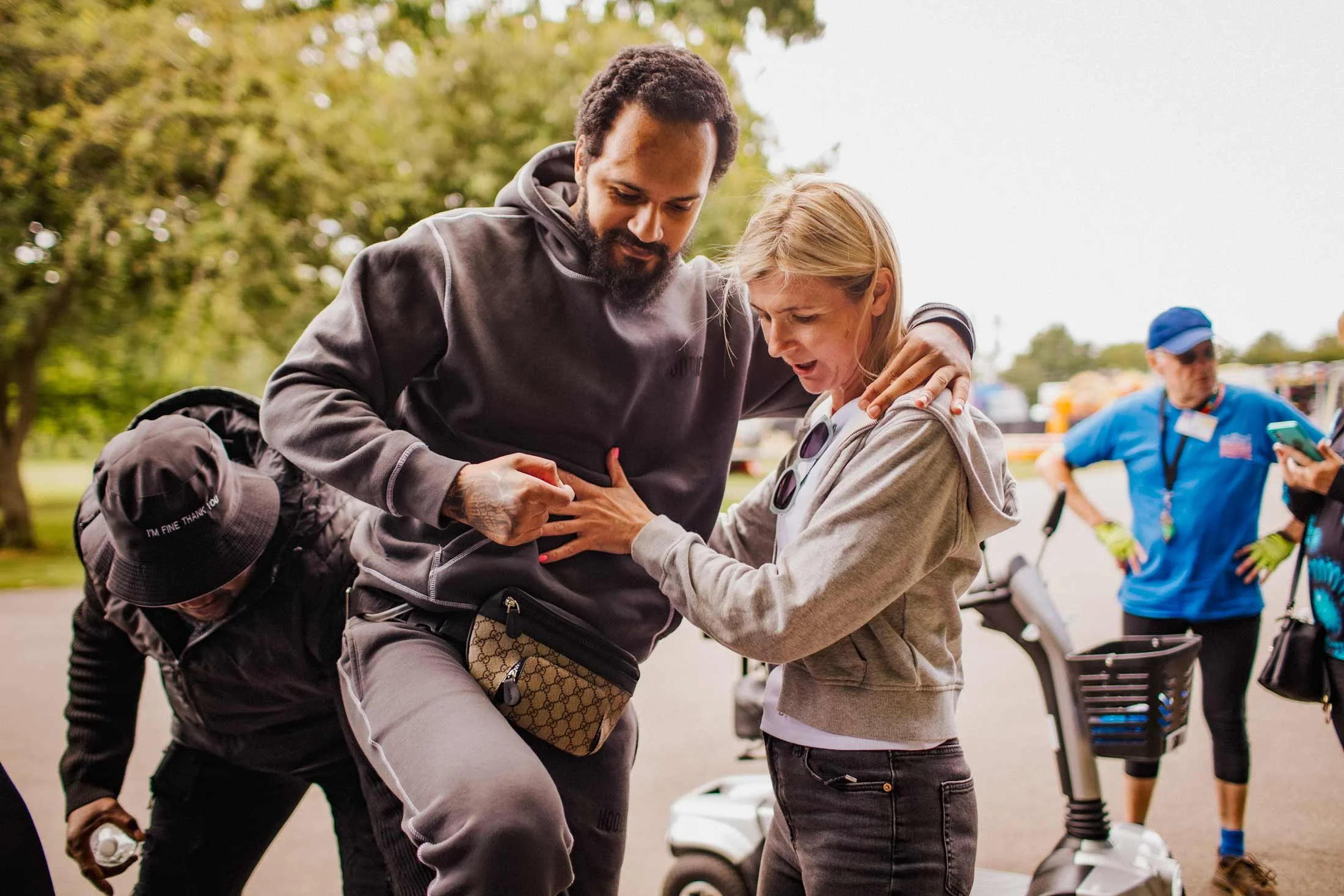What is Occupational Therapy?
Occupational Therapy (OT) is a client-centred healthcare profession focused on helping individuals overcome physical, cognitive or emotional challenges in order to live more independently in areas that matter most.
At its core, OT is about function and purpose — enabling people to live the lives they want.
How does Occupational Therapy help?
Occupational therapists work with people whose ability to function has been affected by:
Neurological conditions (such as stroke, brain injury, multiple sclerosis, and Parkinson’s)
Physical injury or illness
Mental health difficulties
Learning or developmental conditions
Age-related changes
Long-term or progressive conditions
Rather than focusing solely on a diagnosis, OTs assess how a condition impacts someone’s ability to live well day-to-day. Therapy is then tailored to support the person's goals, routines, and environment.
Areas Occupational Therapy can support
Depending on individual needs, occupational therapy may include:
Re-learning everyday tasks and skills such as dressing, cooking, or using transport
Improving fine/gross motor skills, strength, balance, or coordination
Cognitive strategies for memory, attention, or planning
Emotional and behavioural support for coping with change or loss
Environmental adaptations such as equipment, home modifications, or assistive technology
Fatigue and pain management
Workplace or education support including return-to-work planning
Advice for carers and families
The therapist may also collaborate with physiotherapists, speech and language therapists, psychologists, social workers, and case managers as part of a wider team.
A personalised approach
No two people are the same, neither is occupational therapy. Whether someone is recovering from an illness or injury, managing a long-term condition, or adapting to new life circumstances, an OT works collaboratively to:
Understand what’s important to the person
Identify strengths and barriers
Develop achievable, meaningful goals
Support progress toward greater independence, safety, and well-being
Who might benefit?
Occupational therapy is helpful for adults, children, and older people who are:
Recovering from a stroke or brain injury
Living with neurological or physical conditions
Experiencing reduced mobility, memory or confidence
Navigating mental health challenges
Adjusting to new roles or life stages
Summary
Occupational therapy empowers people to live their way, with greater independence, dignity and confidence. By combining practical strategies, therapeutic techniques, and environmental adjustments, OTs help individuals regain control and meaning in everyday life.

